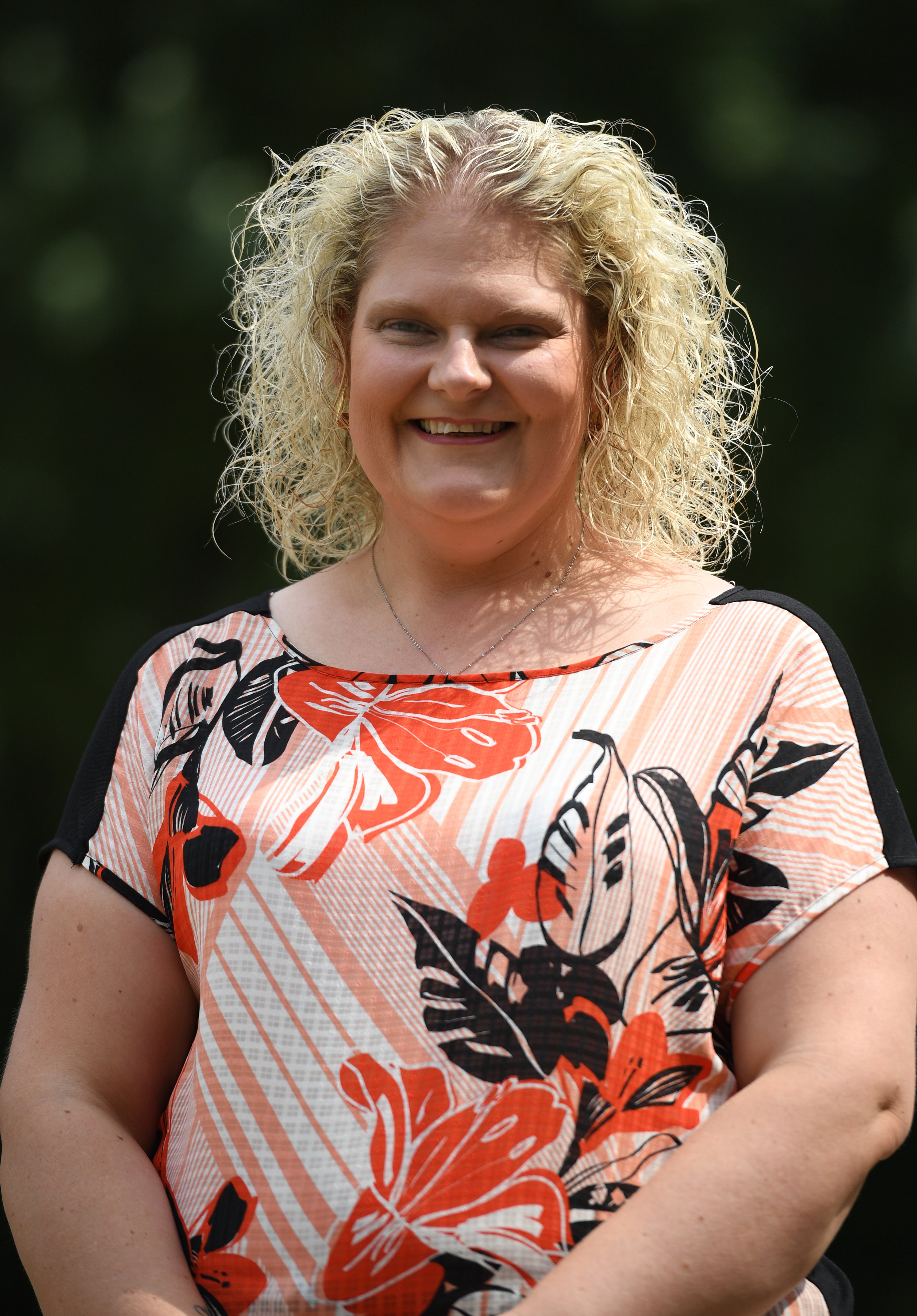World’s first IVF baby calls out ‘postcode lottery’ of care
A new poll suggests the public are broadly supportive of providing IVF care on the NHS.

Your support helps us to tell the story
From reproductive rights to climate change to Big Tech, The Independent is on the ground when the story is developing. Whether it's investigating the financials of Elon Musk's pro-Trump PAC or producing our latest documentary, 'The A Word', which shines a light on the American women fighting for reproductive rights, we know how important it is to parse out the facts from the messaging.
At such a critical moment in US history, we need reporters on the ground. Your donation allows us to keep sending journalists to speak to both sides of the story.
The Independent is trusted by Americans across the entire political spectrum. And unlike many other quality news outlets, we choose not to lock Americans out of our reporting and analysis with paywalls. We believe quality journalism should be available to everyone, paid for by those who can afford it.
Your support makes all the difference.The world’s first IVF baby has called for an end to the “postcode lottery” of NHS fertility care.
Louise Brown, who was born in 1978, said that it must be “devastating” for people to be told they cannot access funded IVF care.
It comes as a new poll for the charity Progress Educational Trust (PET), found that 67% of British adults support the provision of NHS-funded fertility treatment to people who are infertile and wish to conceive.
Commenting on the poll, Ms Brown said: “It is time to end the postcode lottery for fertility treatment.
“For people who don’t have much money and desperately want a child, being told: ‘We won’t fund your IVF treatment’ must be devastating.”
National guidelines in England recommended that women under 40 should be offered three full cycles of IVF, and those aged 40-42 should be offered one cycle.
But previous analysis suggest that women are offered differing amounts of fertility care depending on where they live.
In some localities, prospective parents are offered three fully-funded cycles – worth thousands of pounds – but in other regions people are forced to pay for treatment out of their own pockets.
“The commissioning of fertility services needs to catch up with public opinion,” added Sarah Norcross, director of PET.
“These survey results send a strong message to Government, NHS England and commissioning bodies to take action.
“The postcode-lottery approach is unfair and unjustifiable and we hope that the government’s upcoming Women’s Heath Strategy will tackle this issue.”
The new survey of 2,000 UK adults, conducted by Ipsos, also found that 52% of males would consider sperm donation.
“Action needs to be taken so that men’s willingness to donate is not wasted,” Ms Norcross added.
Clare Ettinghausen, from the the Human Fertilisation & Embryology Authority (HFEA), said: “Our latest data shows that whilst the use of donor eggs and sperm increased from 2019 to 2020, the number of donor registrations decreased during this period.
“It’s therefore reassuring to see PET’s findings which suggest that over half of men surveyed would consider donation.”
A Department of Health and Social Care spokesperson added: “We recognise this is an important issue for anyone struggling to have children, and we are clear that patients should have fair and equal access to NHS fertility treatment where and when they need it.
“The Government is committed to improving access to fertility services and we will publish England’s first ever Women’s Health Strategy this year, which will address sex-based health disparities and ensure the system offers equal access to effective care and support for women across the country.”
A spokesperson for NHS England said: “Ultimately these are legally decisions for individual CCGs (clinical commissioning groups), who are under an obligation to balance the various competing demands on the NHS locally, while living within the budget parliament has allocated.”